Introduction:
Ancient Greek mythology offers us the fantastic tale of Zeus and Typhon, two powerful gods who waged an epic battle to determine who would be the supreme ruler of the universe. The clash between the two gods has become a symbol of cosmic power struggles, often envisioned as a mythical Great War. Themes of good and evil, justice and injustice, and the ultimate struggle for control inspired countless retellings of the epic divine confrontation. In this article, we’ll explore 10 key differences between Zeus and Typhon and the significance of their legendary clash.
Difference 1: Origins and Physical Abilities
Zeus: Zeus is the king of the Greek pantheon of gods, and son of the Titans Cronos and Rhea. He is believed to have been born in Crete, and he is usually depicted with a white beard and thunderbolts in his hands. He is said to possess immense strength and power, and is able to hurl thunderbolts and lightning to oppose his enemies.
Typhon: Typhon is the son of Gaia and Tartarus, two fearsome entities in Greek mythology. He has the body of a serpent, and is said to possess a hundred heads with eyes of burning fire. Typhon can transform his shapes and poses and is able to make himself as large as he pleases. Typhon is incredibly strong and is said to have created massive storms with his breath.
Difference 2: Motivations and Goals
Zeus: In the battle of Zeus and Typhon, Zeus represents good and order. His motivation was to defend the cosmic order, justice, and peace. He aims to preserve the right of humans to live free and safe lives. In doing so, Zeus seeks the establishment of law and harmony, and wishes to protect mankind from evil.
Typhon: In contrast to Zeus, Typhon was driven by chaos and destruction. His ultimate goal was to overthrow Zeus and rule in his stead. He believes that humans should be subjected to his tyranny and thrive in fear, violence, and disorder.
Difference 3: Supporters and Allies
Zeus: Zeus fought the war against Typhon alongside many of his siblings, such as Athena, who provided him with her armor and shield. He was also supported by Hephaestus, who helped him forge a magical weapon known as the storm-riding thunderbolt. Zeus even enlist the help of Boreas, the north wind, who blew the wings off of Typhon as he raced away.
Typhon: Typhon, like Zeus, was supported by various powerful allies. Among Typhon’s supporters were the giants, who helped to ambush and take down Zeus. Typhon was also supported by the wolves, who fought alongside him in battle alongside his two serpentine heads.
Difference 4: Powers and Abilities
Zeus: Zeus possessed a variety of powers, from the ability to wield lightning bolts to the power to create storms. He is also said to have been able to manipulate the winds, and was a master of rhetoric and wisdom. With all his powers combined, Zeus was the ultimate deity of the sky and leader of the gods.
Typhon: While Zeus had control of the sky, Typhon had control of the earth. He could cause massive earthquakes and giant waves with a flick of his tail. He could hurl boulders from the ground and create tremors in the earth. Typhon was also said to have the ability to manipulate air currents and shoot fire from his eyes.
Difference 5: Weapons
Zeus: Zeus was known for his magical Thunderbolts, which he hurled at his adversaries. He had also fashioned a trident out of a tree branch, which he used to defend himself. He also had the invincible Aegis shield, which Hephaestus had crafted for him.
Typhon: Typhon was also armed with a trident, fashioned from a tree branch. He was also known to have had a bow with a hundred poisoned arrows and a special net that could catch even the most agile of creatures. He was also said to have had the ability to shoot fire from his eyes, which were powerful enough to scorch even the strongest of metals.
Difference 6: Defeats and Wounds
Zeus: After a ferocious battle, Zeus managed to wound Typhon severely, putting him in a weakened state. He then managed to trap Typhon under a mountain, ending the battle in his victory. He still bears the wounds of his struggle, however, having been pierced in the chest by one of Typhon’s poisonous arrows and losing his right eye.
Typhon: Typhon was ultimately defeated by Zeus, and his wounds were severe. He was wounded in the chest by one of Zeus’s lightning bolts, and also lost numerous heads and limbs in the struggle. He was also weakened by the winds of Boreas, which blew off his wings as he tried to flee.
Difference 7: Role and Legacy
Zeus: In modern culture, Zeus is remembered as a wise and powerful ruler of the gods. He is seen as a force of good in the universe, embodying justice and order. He serves as a symbol of strength and resilience in the face of adversity, inspiring many stories and songs.
Typhon: Typhon, on the other hand, is viewed as a symbol of chaos and destruction. He represents rebellion and power, and his fight against Zeus is seen as a timeless struggle between good and evil. His legacy is one of a powerful yet thwarted force of destruction, a reminder of the strength of the gods.
Difference 8: Divine Realms
Zeus: As the ruler of the gods, Zeus makes his home in Mount Olympus. This beautiful and ethereal realm is seen as the abode of the gods, and is populated by the various gods and goddesses of the Greek pantheon. It is a place of peace, order, and divine justice.
Typhon: In contrast to the splendor of Mount Olympus, Typhon is associated with the dark and mysterious depths of Tartarus. This realm of shadows represents chaos and destruction, and is home to the darkest monsters and forces of evil. It is thought of as the antithesis of Mount Olympus, and full of danger and uncertainty.
Difference 9: Relationship with Humans
Zeus: Zeus is seen as a protector of mankind, and his legacy is one of justice and mercy. He is seen as a benevolent ruler who is willing to put himself in harm’s way to protect humans from evil. He is often invoked as a source of strength in times of struggle and strife.
Typhon: Typhon, on the other hand, is viewed as a malicious force that seeks to oppress and enslave humanity. He is thought of as a cruel and merciless despot, and is often depicted as a threat to the natural order of the universe. As such, he is often invoked as something to be feared and avoided.
Difference 10: Divine Progeny
Zeus: As the ruler of the gods, Zeus is thought to have countless divine children, some of which include Athena, Apollo, and Hermes. Together, they form the Olympian gods, powerful entities that are often seen as the prime symbols of justice and order in the universe.
Typhon: Typhon unable to produce any offspring due to his defeat at the hands of Zeus. Instead, his legacy lives on in the form of the monsters and creatures that he created in his bid for power, such as the Nemean Lion, Chimera, and Cerberus. All of these creatures represent danger and chaos, and are seen as lasting reminders of his attempt to overtake the universe.
Conclusion
The battle between Zeus and Typhon is an ancient Greek myth that has long been seen as a battle between order and chaos. The clash between these two powerful gods symbolizes the cosmic struggle for power and justice, and has inspired countless retellings of the epic divine confrontation. By exploring the 10
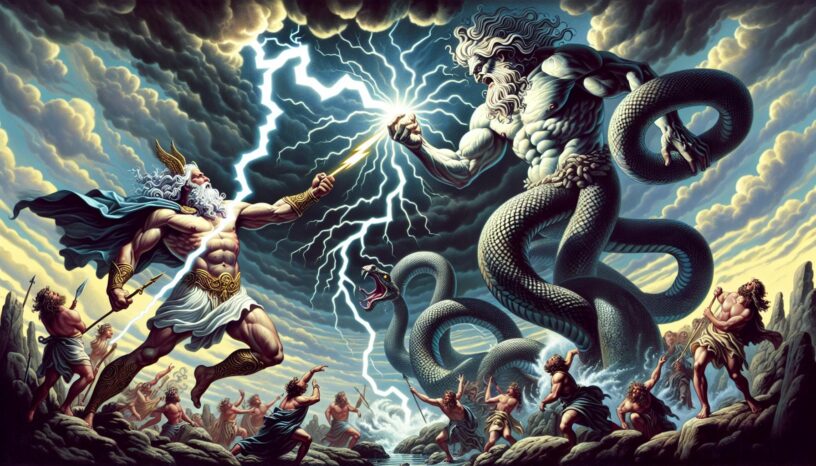
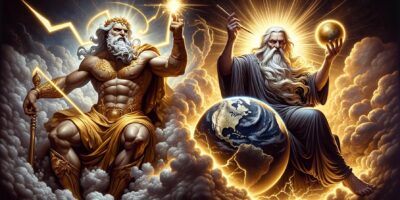
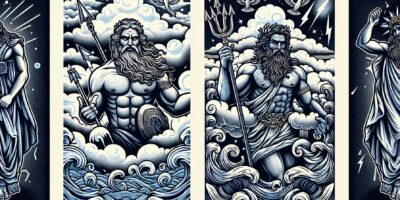
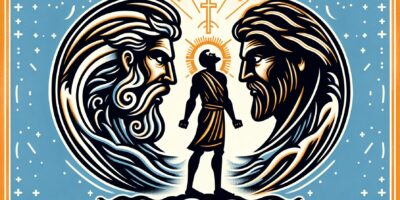

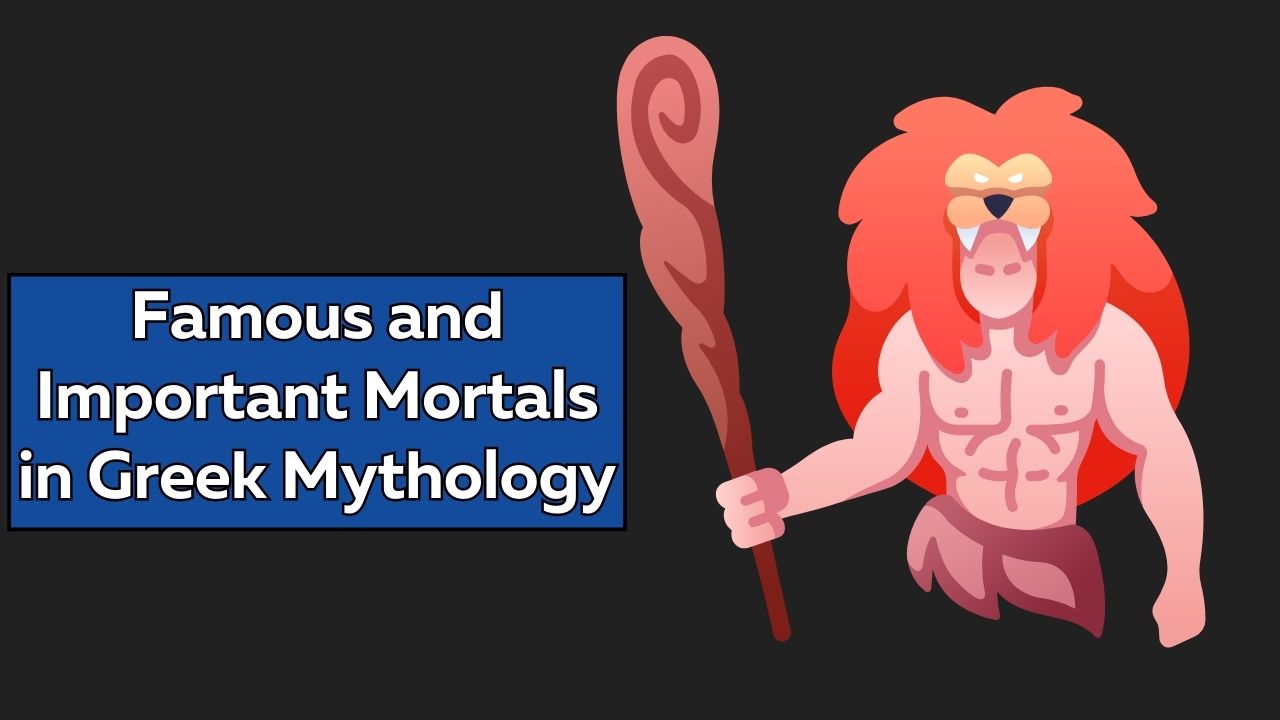

Leave a Reply